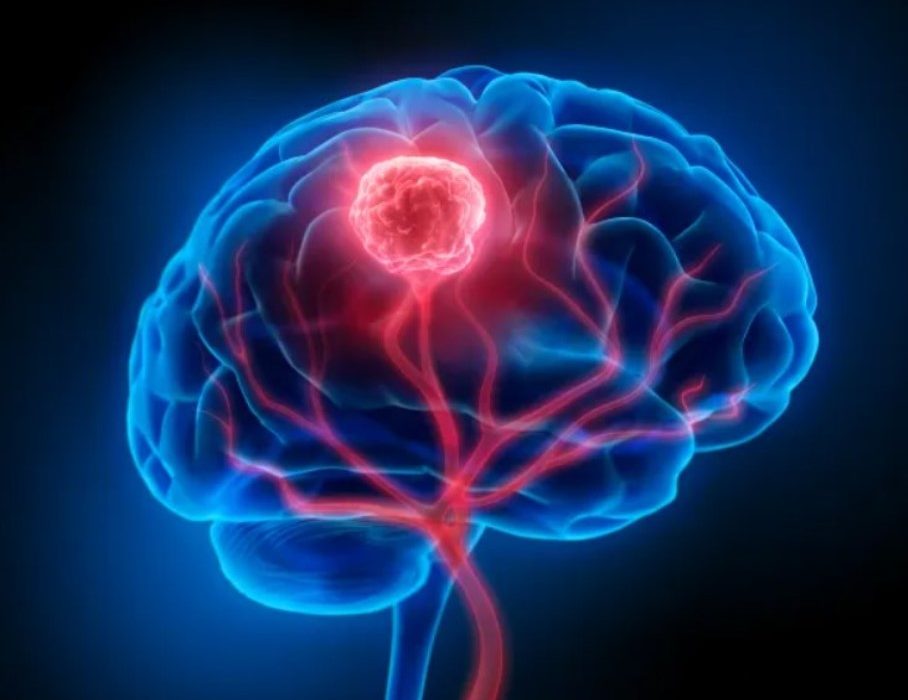By Isabel Shaw
BRAIN tumours can cause a host of different symptoms, depending on where the tumour is growing.
Most commonly if you have one, you might experience headaches, sickness or seizures.
Each year around 12,300 cases of brain cancer are diagnosed in the UK, Cancer Research UK states, and these present in the form of a brain tumour.
The symptoms can often be mistaken for something far less serious, like headaches.
But experts say there are some odd signs that you must be aware of, including one you may spot when having sex.
Erectile dysfunction can be a sign of a serious condition, the Cancer Council says.
This symptom can emerge when a tumour is growing in the pituitary gland – the part of the brain responsible for producing hormones.
Read Related News:
Doctor’s death: Sanwo-Olu suspends facilities manager
122 children die of diphtheria in 7 months UNICEF
By pressing on the gland, these tumours can result in lower levels of sex hormones such as oestrogen, progesterone, and testosterone.
This can lead to irregular menstrual periods in women or erection issues and decreased interest in sex in men. Other symptoms of pituitary tumours include headaches, loss of vision and nausea.
Around one in three people who have a brain tumour will experience some type of personality change, according to the Brain Tumour Charity.
This is because the tumour can affect the levels of hormones the gland produces. These personality changes could lead people to lose interest in things they once enjoyed doing.
About 17 out of every 100 brain tumours diagnosed are pituitary tumours, according to Cancer Research UK. Most pituitary tumours are not cancerous (benign) and don’t spread to other parts of your body.
Surgery may be the only treatment for benign tumours. Medics may prescribe medicines, such as steroids or anticonvulsants, to reduce symptoms.
It’s important that if any of your symptoms worry you, then you see your General Practice (GP) doctor.
Isabel is a health reporter for The Sun (thesun.co.uk/).
l
Do you have a flair for Citizenship Journalism? Share story(ies) of happenings in your area with The NewsZenith on WhatsApp: 08033668669 or thenewszenith@gmail.com


